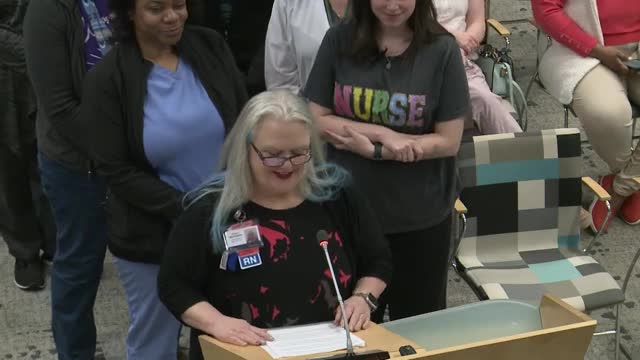Article not found
This article is no longer available. But don't worry—we've gathered other articles that discuss the same topic.
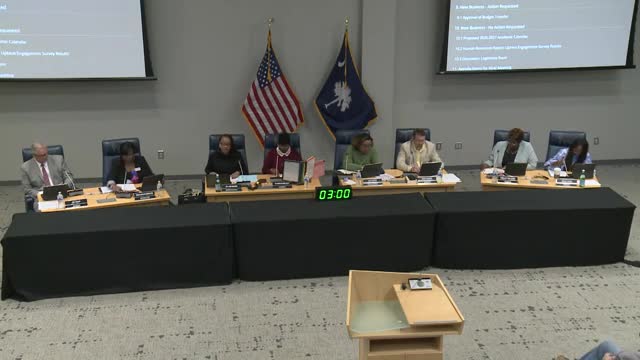
At a glance: key votes and executive actions, March 11, 2025 — Richland 2 School Board
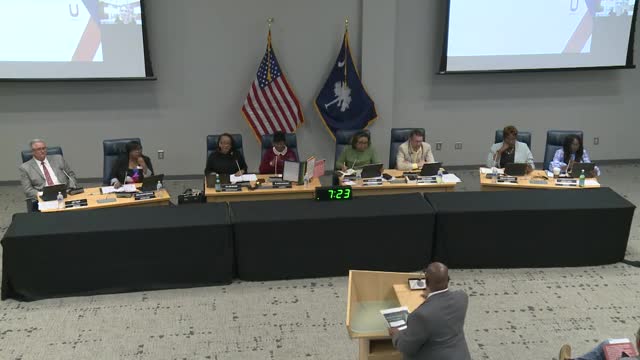
Board debates options to host legislators; leans toward short local visit format
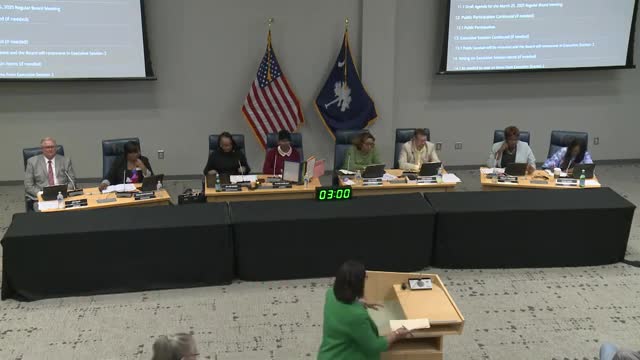
Richland 2 presents proposed 2026–27 academic calendar after committee vote; board debates Monday start and July work week
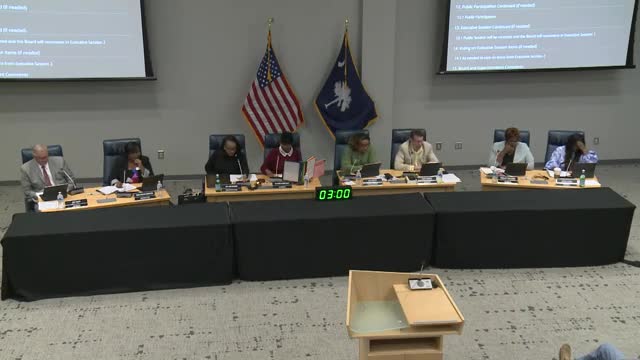
District shares upbeat survey results showing strong participation, identifies pay and career pathways as top concerns
